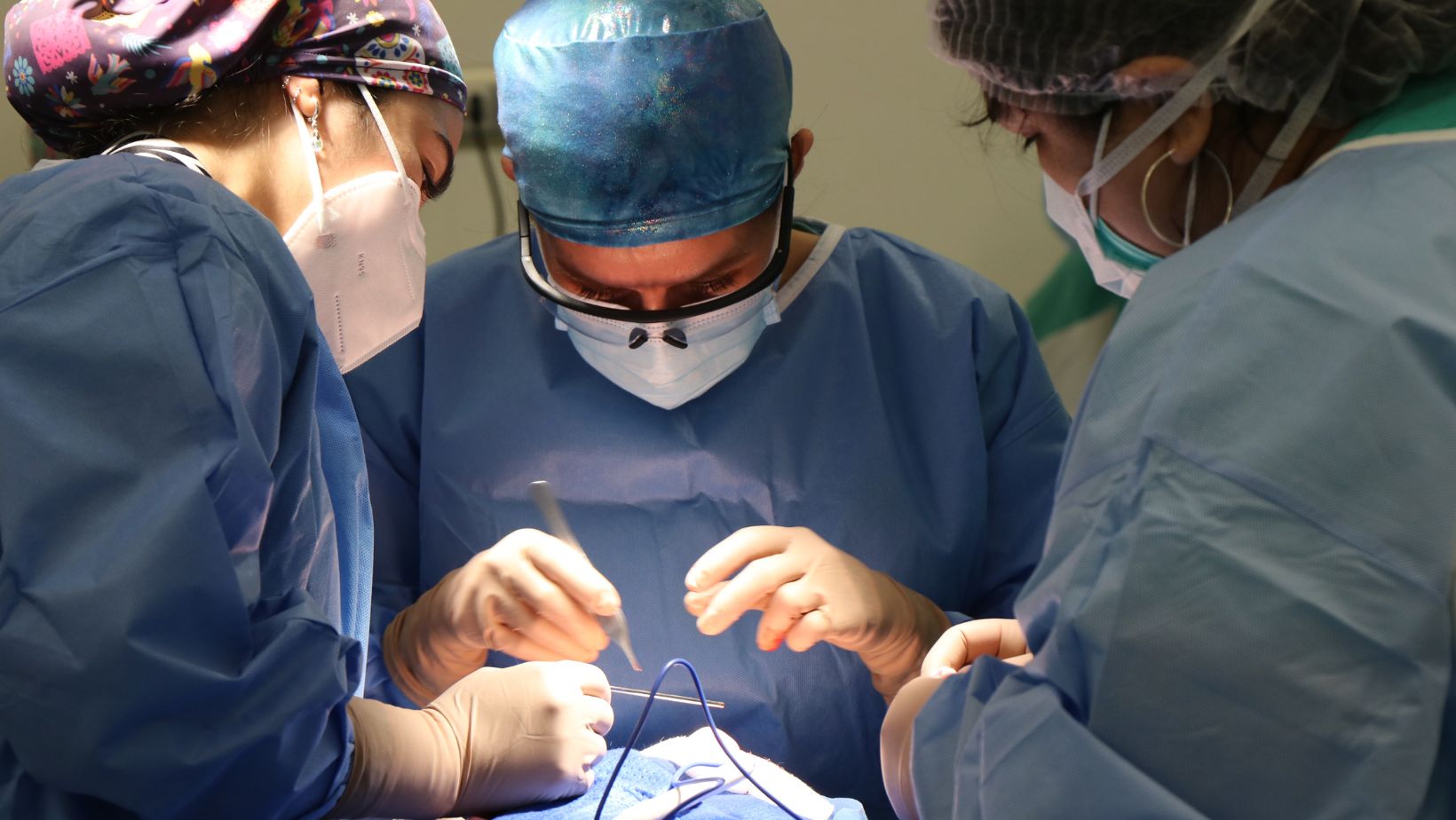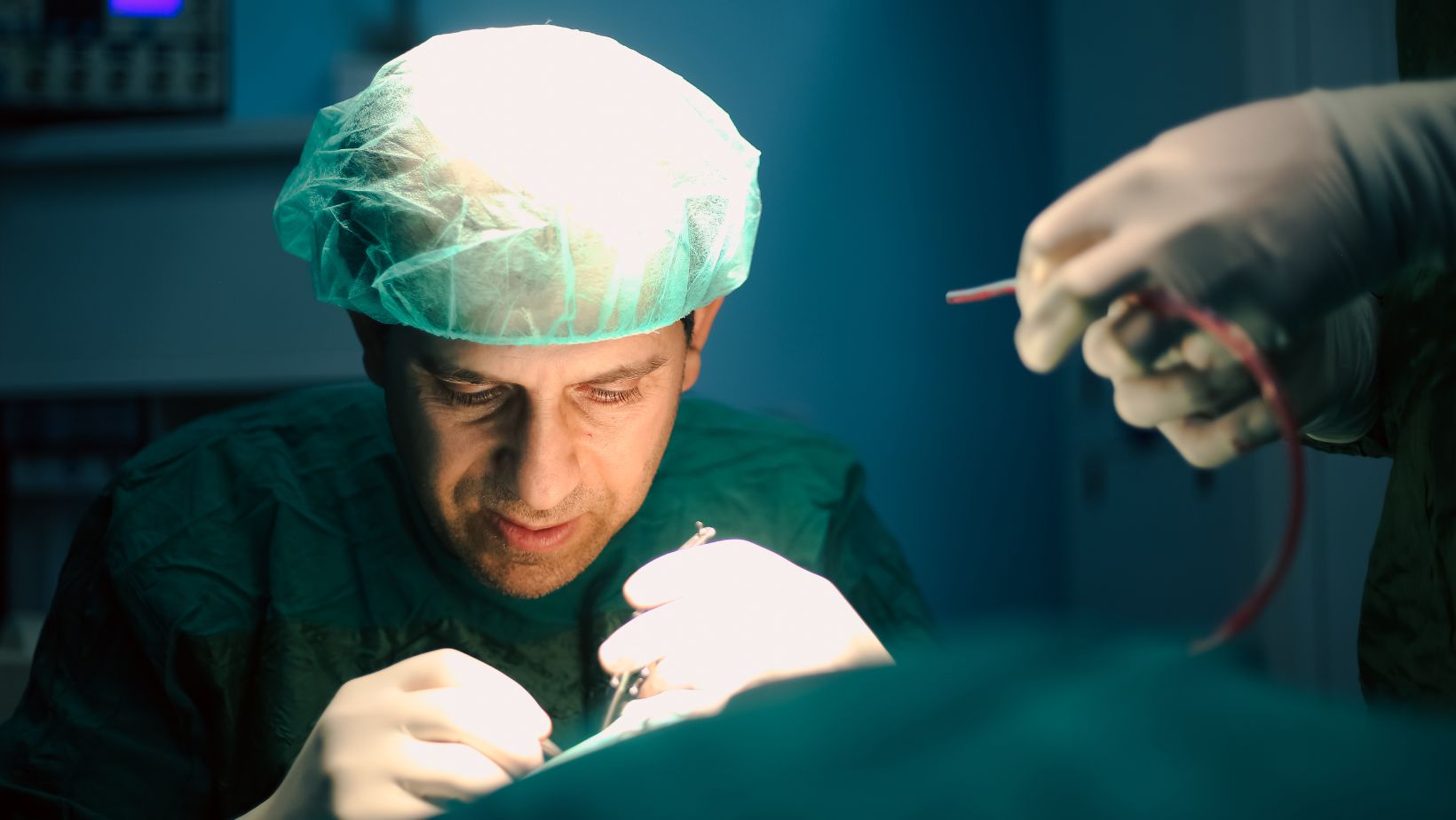
You must have heard that sinus infections generally heal on their own. Sometimes, you may need to take antibiotics to treat bacterial infections. Even over-the-counter (OTC) medicines, nasal steroids, and saline sprays can help relieve your symptoms. However, some patients need to undergo surgery to find long-term or permanent relief. Sinusitis, or a sinus infection, can cause nasal congestion. Viruses, bacteria, polyps, allergies, a deviated septum, and other factors can cause it. If your symptoms don’t improve with home remedies or prescription medicines, your ENT specialist may advise you to go for surgery.
Sinus surgery is recommended to minimise your symptoms and the recurrence of the infection. It also helps improve your breathing. Your sense of taste and smell will be revived, which may have been compromised due to chronic congestion. For a comprehensive understanding, you can visit https://drkhliment.com.sg/sinus-specialist-singapore-sinusitis-surgery-treatment. ENT specialists generally suggest endoscopic sinus surgery.
Endoscopic Sinus Surgery
Patients with chronic sinusitis and other associated issues can benefit from this less invasive surgical method. Older treatments required creating a prominent external incision. You don’t need to worry about this with modern surgical techniques. Doctors use an endoscope, a type of tube, to access the nasal cavity. It can be fitted with a camera and a light source that help the device to safely enter the nasal passage and detect congestion or other issues. After this, a surgical instrument is used to rectify the underlying cause. Successful surgeries can provide relief from recurrent infections, allowing your sinuses to function optimally.
Does it Mean You are Permanently Cured?
Expert ENT specialists can offer a permanent cure by removing or treating the underlying condition. Most patients suffering from acute sinus infections can expect this. On the other hand, chronic disorders may need to be managed. You may or may not experience symptoms. The main treatment goal remains reducing the chances of recurrence through medications and preventive measures. Prevention means avoiding exposure to airborne allergens, dust, chemicals, and smoke. Staying hydrated helps thin and drain mucus. You can also use saline solution for nose cleaning. Methods such as steam inhalation and the use of humidifiers can provide additional relief. Often, you do well with prescription steroids or antibiotics, among others. However, surgery can be recommended in certain conditions.
 It’s important to understand that endoscopic surgery can improve your symptoms significantly, especially those caused by fungal growth or polyps. A complete cure through surgery can be expected, depending on several factors, including your response to treatment and the underlying condition. For proper recovery after surgery, you must follow your doctor’s advice regarding the use of decongestants, antibiotics, or nasal irrigation.
It’s important to understand that endoscopic surgery can improve your symptoms significantly, especially those caused by fungal growth or polyps. A complete cure through surgery can be expected, depending on several factors, including your response to treatment and the underlying condition. For proper recovery after surgery, you must follow your doctor’s advice regarding the use of decongestants, antibiotics, or nasal irrigation.
Summing it up
The success of surgery also depends on a patient’s behavior. If you follow your doctor’s instructions, you can reap excellent benefits. So, appear for follow-ups, avoid strenuous activities, take proper medicines, etc. Sleeping posture also plays a critical role. You should refrain from blowing your nose for a while. With time, you can recover more quickly. Still, approach only a well-qualified ENT specialist for your sinus pain. Their experience and skills can be trustworthy. You can also feel safe under their guidance, even during surgery.

















